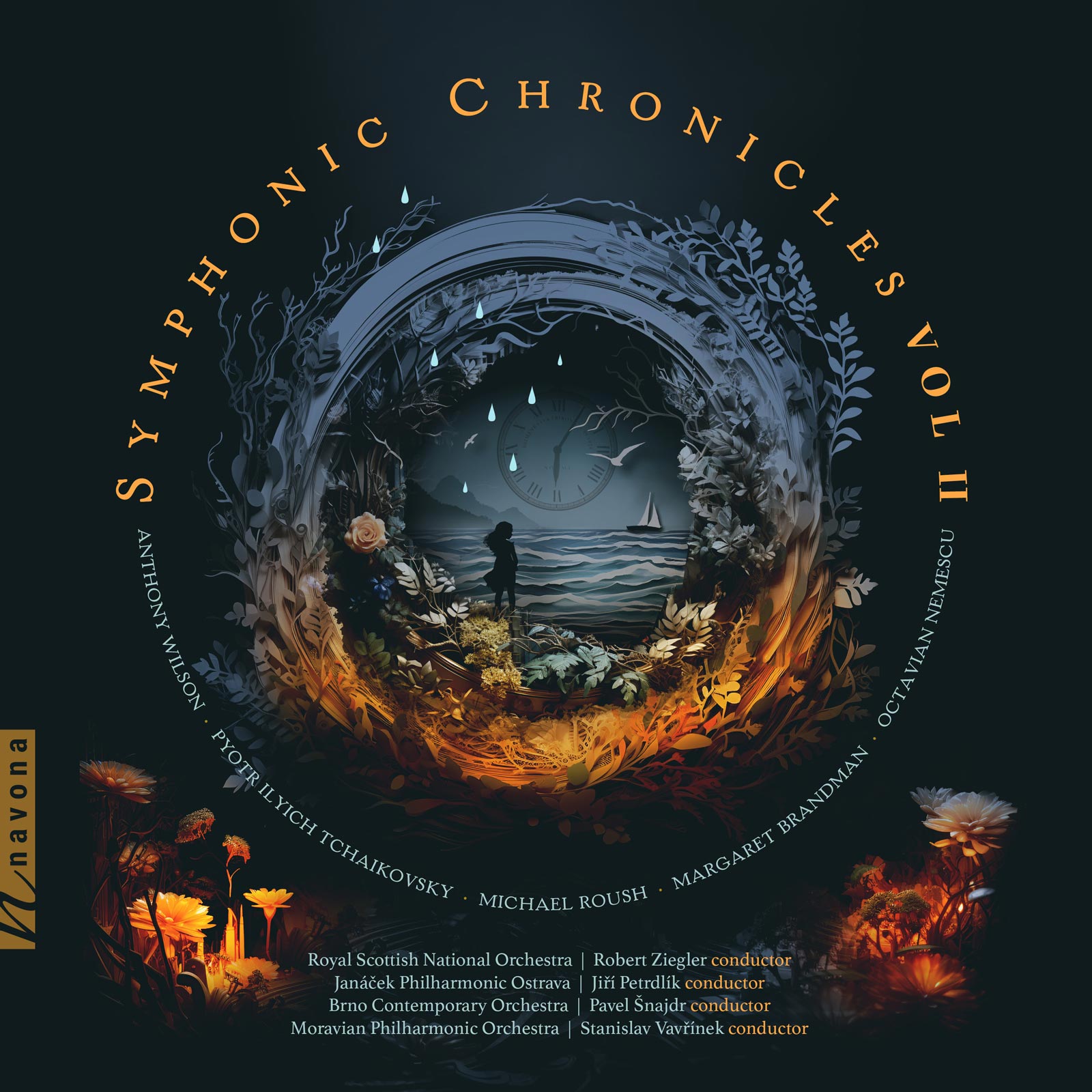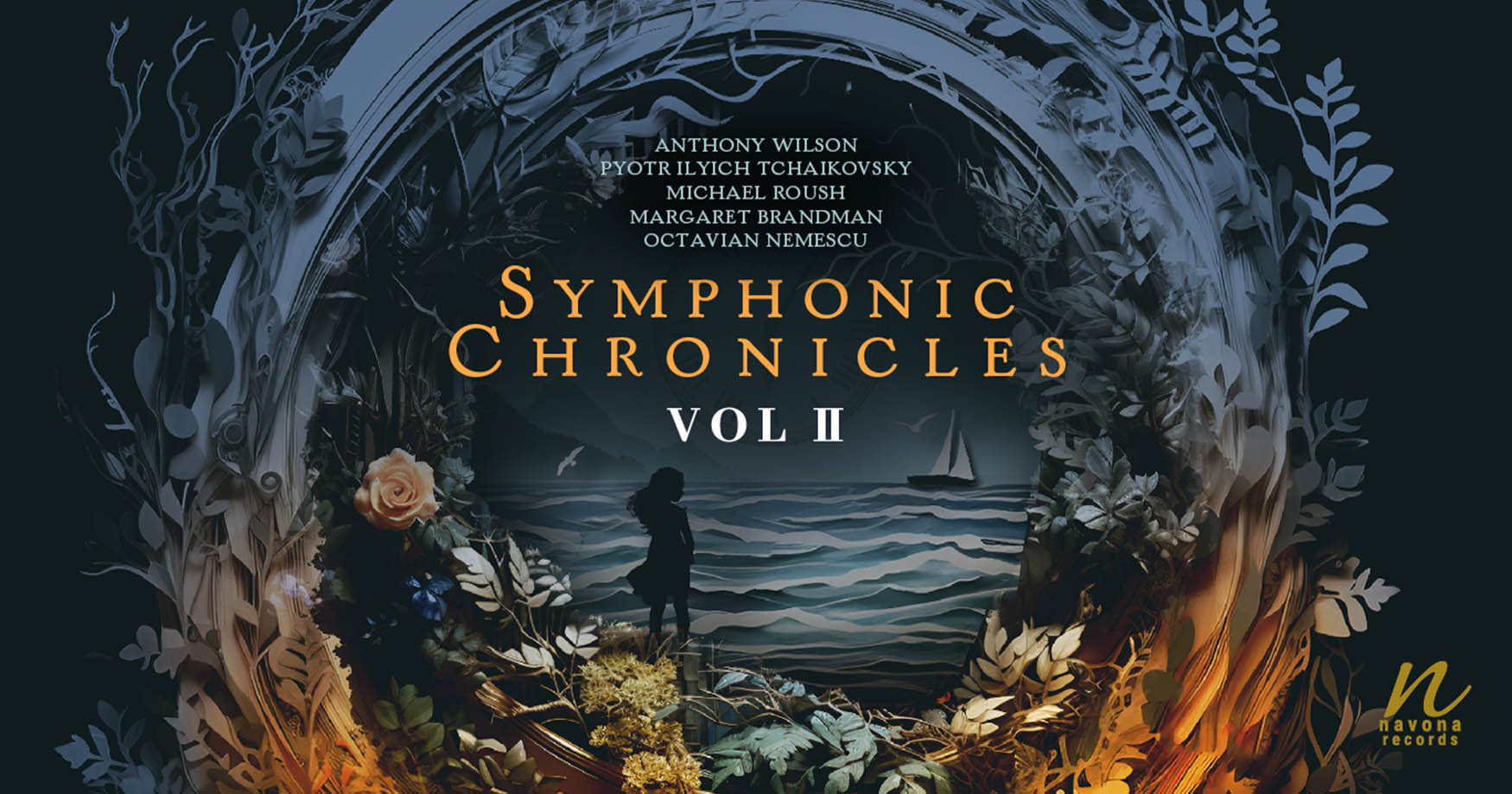
Hailed by critics as a “descriptive and evocative” collection of contemporary classical music, the SYMPHONIC CHRONICLES series returns with a brand new roster of celebrated composers from a wide variety of backgrounds and influences.
PARMA Senior Content Writer Shane Jozitis recently connected with the composers of SYMPHONIC CHRONICLES VOL II to learn about the inspirations, processes, and realizations behind their works. Read on for an exclusive deep dive into the creative minds of Anthony Wilson (AW), Margaret Brandman (MB), Michael Roush (MR), and Octavian Nemescu (ON).
From explorations into peace and turmoil to combatting forces of tyranny, following the journey of two lovers, and highlighting nature’s ethereal beauty, SYMPHONIC CHRONICLES VOL. 2 covers a wide range of themes. Tell us about your piece on the album and what you hope listeners might find within it.
ON: Escalinner is not only about the courage to fight against tyranny but it’s also about everyone’s inner struggle against all the temptations and obstacles which prevents us from climbing the ladder of perfection towards the enlightenment of our own soul; so, to be able to climb Jacob’s Scale.
MB: My piece on this album is one that highlights nature’s awesome beauty and fragility and I hope listeners will enjoy this narrative I have created in sound. Composed during one of Australia’s very wet La Niña years in the early 2020’s, I conjured up a scene of gentler rain falling on parched fields reviving the greenery and creating a mist over the ocean, followed by the drama of a thunderstorm which then eases to light showers as the sun emerges from behind the clouds. Listen for my opening motif shared between the harp and the woodwinds, which introduces an engaging filigree that percolates through the work unifying each of the sections. My music transitions between gentle sections with delicate melodies and shimmering textures, and more dramatic moments of climax created by the interweaving of themes and judicious use of dynamics. In my mind’s eye I also visualized the wonderful extended vista of the Blue Mountains where I resided for some years. Listen for the section where the French Horns play sustained notes over the melodies in the strings and woodwinds and imagine viewing the vast Eucalypt forests in the valleys of the Blue Mountains.
When writing for an orchestra, how do you balance the desire for innovation and pushing boundaries with the expectations and traditions of classical music?
MR: I have a high school Music Appreciation class to thank for that, sitting in a circle listening to all manner of composers and writing in our journals, breaking down instruments, mechanics, what we heard, etc. We would then talk about it as a group with the added intangible of how did we “feel,” what was our interpretation? “It’s called ‘movement’ for a reason,” our teacher would say. Music is such a personal experience which can trigger my imagination, my emotions. As for innovation, I remember I was so taken with the Third Movement of Mahler: Symphony No, 1, it was like, “wow, how cool is that?” I also remember the different interpretations of music, such as Isao Tomita’s take on Gustav Holst’s “The Planets.” Fascinating, inspiring stuff to break from convention, perhaps relevant for me as I don’t compose with a piano. Solely on imagination I much enjoy the chance to write directly to score, to experiment and see it all unfold on the page, building upon threads in rounds, instrument combinations, or certain sneaky back doors to introduce or reiterate themes.
AW: The traditions of classical music span many centuries, offering an incredible diversity of styles, as well as a wealth of knowledge to any person who is disciplined enough to apply themselves to it. For a composer, it is possible to be simultaneously inspired and daunted by the wealth of potential information that one can draw upon when writing classical music. To be able to apply this knowledge to a new piece of music in an original and interesting way requires you to have absorbed the knowledge needed to a very deep level.
In order that I can navigate an appropriate balance of originality with traditional ideals in an effective way, I need to have a very clear understanding of what it is that I am wanting to express when writing a piece of music. As I write, I am looking for the “story,” or the “idea” that I am seeking to share with the listener. This becomes my beacon, which lets me know when I am successfully negotiating the balance between innovation and tradition.
When was the first time you remember an orchestra or other ensemble that made a lasting impression on you? Are there any takeaways from the experience that influence your writing today?
MB: The first instrumental album that made a lasting impression on me was the Wings album released in 1971, which seemed to me to be a modern oratorio, with music composed by French composer and arranger, Michel Colombier, to lyrics by Paul Williams. Colombier orchestrated the album using a wide range of orchestration techniques from Classical and contemporary classical genres, to rock, jazz, and popular styles. Having studied the orchestral works of Stravinsky, Richard Strauss, and Ravel, I appreciated the richness and variety in the works he both composed and orchestrated for this unique album which straddles Classical and Jazz-Rock genres. I came to appreciate that as a composer, one could venture away from the accepted classical compositional techniques and effectively combine popular and jazz elements in music.
What are your musical interests outside of classical? Are there any qualities or language from other genres that you find trickling into your orchestral writing?
MR: I have been very fortunate to be a part of a number of different music genres, the first of which were onstage in musical theater performance and in choral ensembles. Much of my love of storytelling via music and theatrics, especially now for dance movement, likely came from that. As such, George Gershwin, Leonard Bernstein, Richard Rodgers, Irving Berlin, Stephen Sondheim, Andrew Lloyd Webber, and many others most definitely occupy a crowded space in my head. That said, I also had the good fortune to work in rock and roll concert production while in school and well into my 20s. Singer-songwriters, balladeers, vocal ensembles with amazing harmonies, all the way to high profile, head-bangin’ rock music headliners. I enjoyed it all, and it was a great experience to work backstage amid all the chaos and eardrum shattering mayhem. If there’s anything that came out of those particular years with respect to writing music, it’s my definite love of percussion and finding ways to create musical pyrotechnics. I hope such will become much more evident with future PARMA Recordings releases.
AW: There are many different styles of music that I have been interested in over the years, but the two main styles that have consistently appealed to me have been Classical and Rock music. I love the energy that comes with a lot of rock music, but I also enjoy the expressive qualities that some rock musicians bring to it. There is a feeling of spontaneity with a lot of rock music, which is perhaps partially due to the fact that rock musicians do not feel as restricted by the centuries of tradition that exists within classical music.
I have always been particularly drawn to music which tells a story, or takes the listener on a journey. The Rock musicians who I particularly admire, are able to write in such a way that the “story” they are seeking to tell is never compromised by the structure of the music or other technical considerations; in fact, at times it is as though they are able to write in such a way that all technical issues actually enhance the story, making for a wonderfully rewarding and cohesive listening experience. I strive to incorporate these kinds of qualities into my own writing.
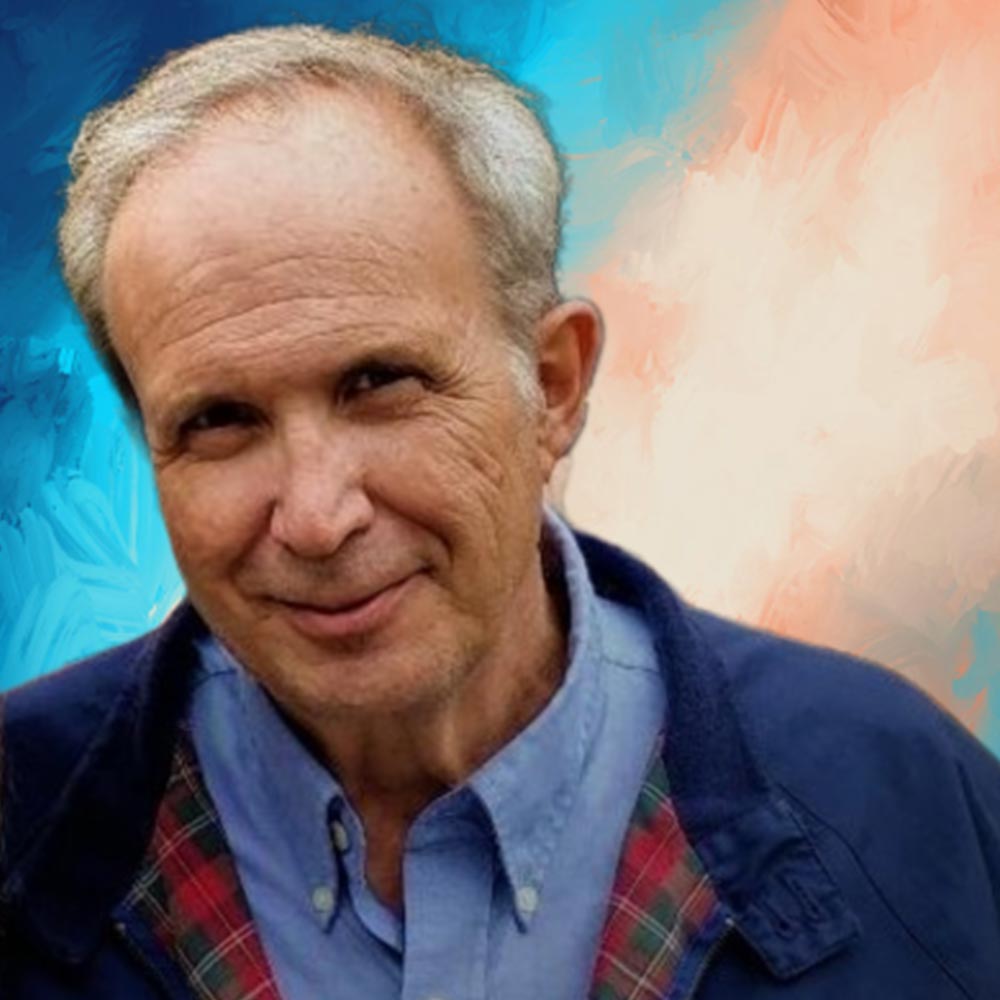
Drawing upon a Fine Arts focus which began at a young age that included extensive Choral, Drama, Theory/Composition, Music Appreciation and more, Michael Roush continued his passion for music while attending The University of Colorado at Boulder. After successful stints behind the scenes in the concert industry, Roush's broad array of high profile, live performance production experience would later give way to independent film and, eventually, creative writing. His love of narrative filmmaking brought him to Southern California, where he continues to shepherd numerous projects through creative development as a Producer, Director, and Writer.
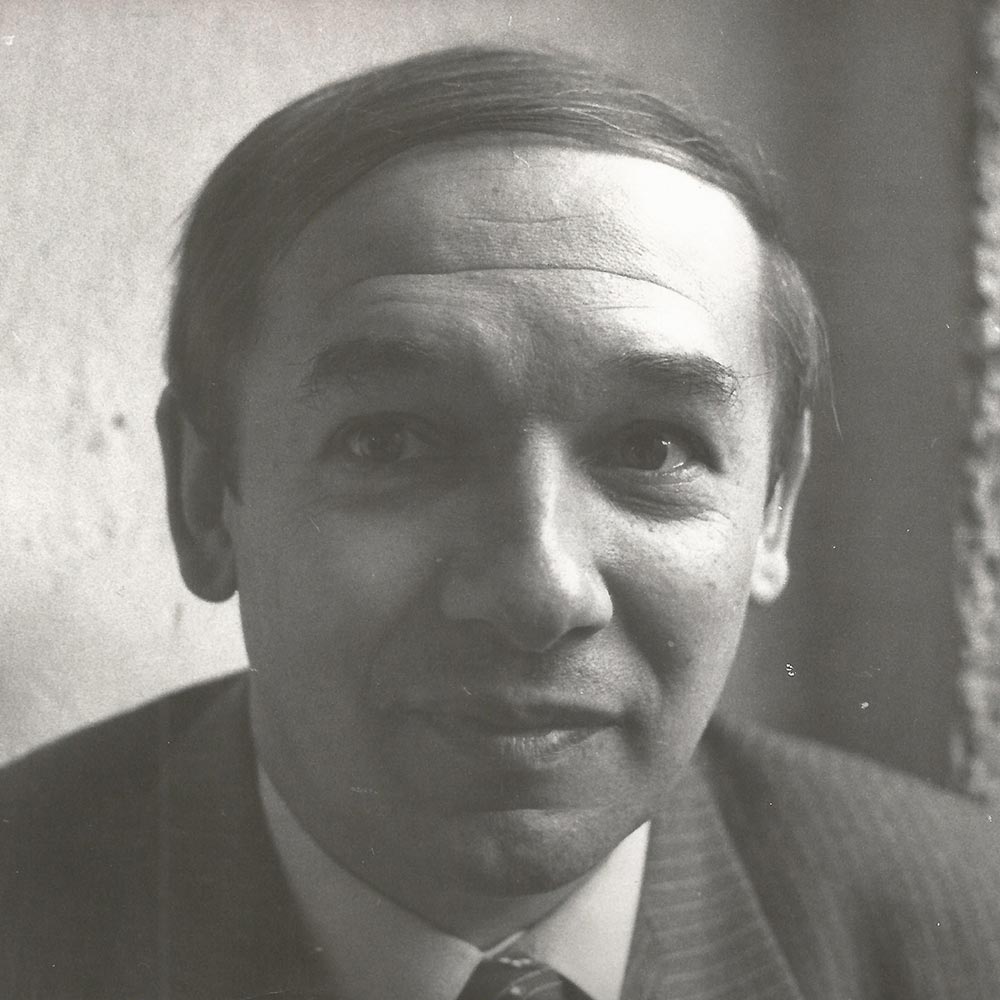
Octavian Nemescu (1940-2020) was born in Pascani (Romania). He studied composition with Mihail Jora at the Conservatory of Music in Bucharest, obtained the Ph.D. in Musicology in 1978, at the Conservatory in Cluj, under the guidance of Sigismund Toduta. The title of his doctoral thesis was: “The Semantic Capacities Of Music,” published as a book, at Editura Muzicala Publishing House, Bucharest, 1983. He was an assistant and then lecturer at Brasov University (School of Music) between 1970-1978.
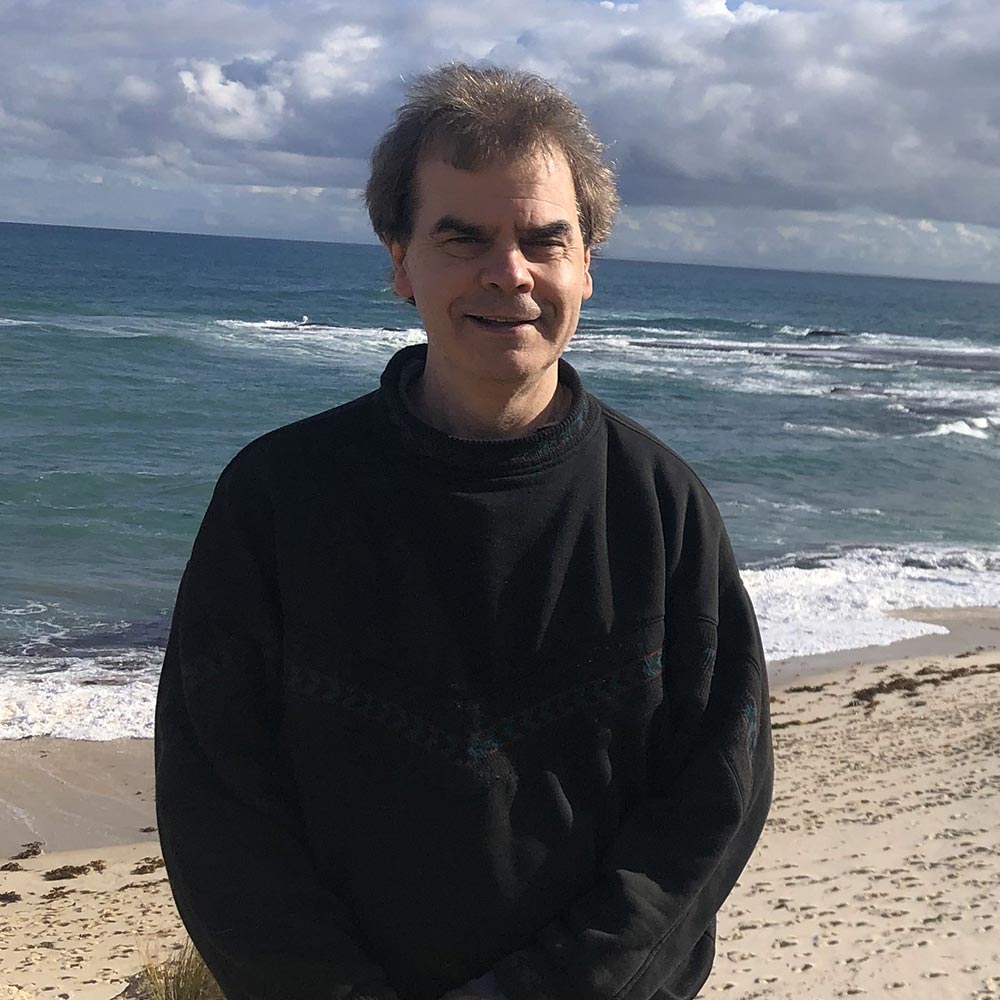
Anthony Wilson (b. 1962) developed a strong interest in music from an early age. He spent many hours at the piano as a child, experimenting with various combinations of sound. His parents’ record player also provided the wonderful experience of being able to enjoy both the world of classical music and popular music.
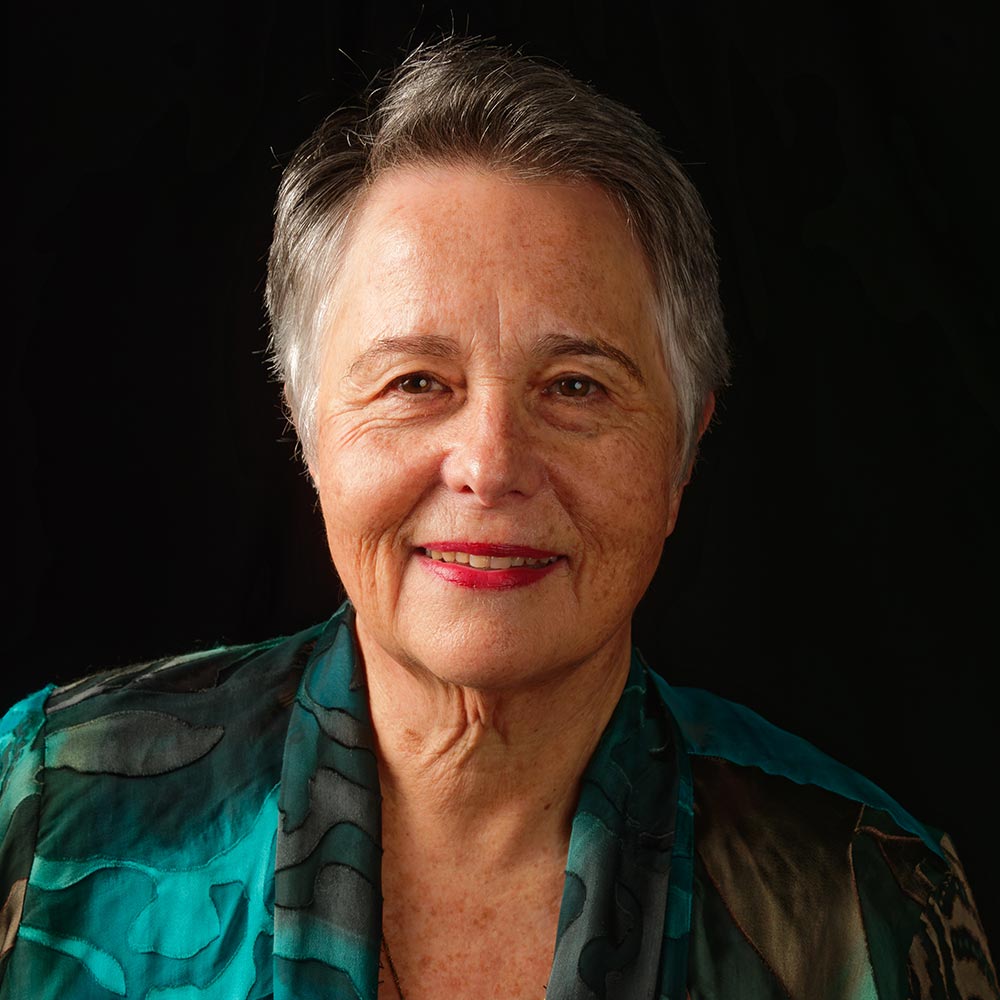
In a career of over 50 years, award-winning composer, pianist, and recording artist Margaret Brandman has followed her passion to create appealing music with strong melodic content, sensitive harmonies, and rhythmic ingenuity. Her output includes works for orchestra, chamber ensembles, choir, solo voice, and solo instruments, composed across a wide range of genres from Contemporary Classical to Jazz and Latin-American.
